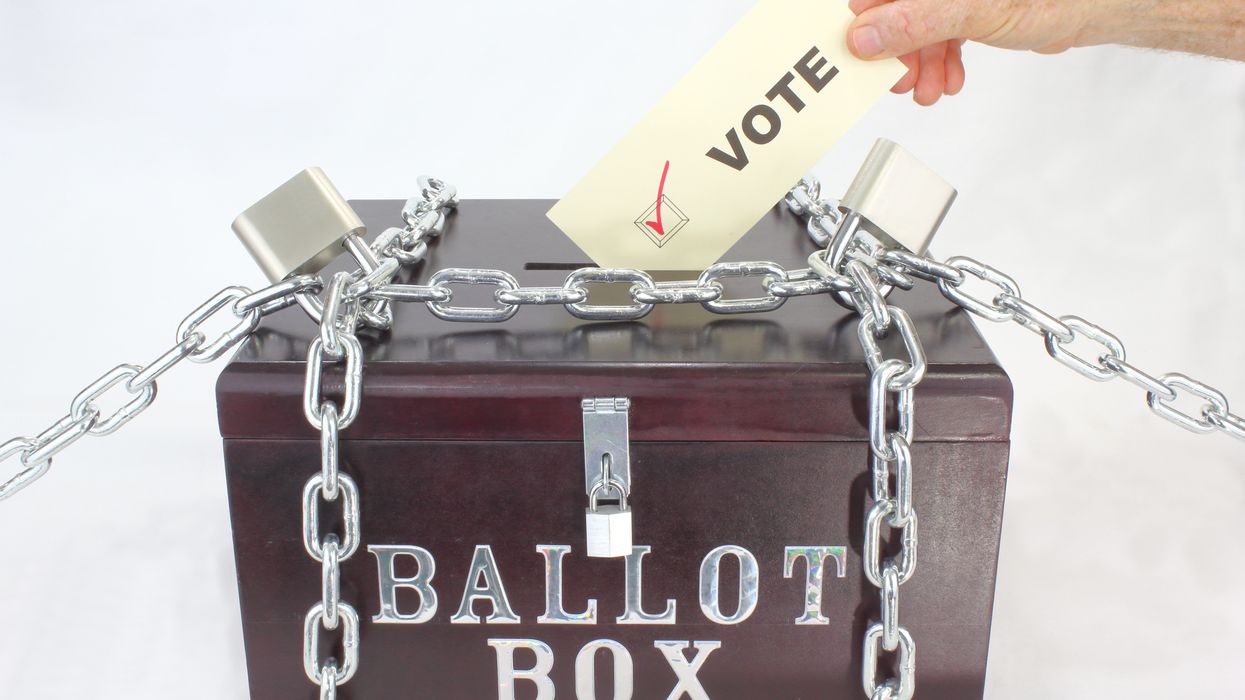Local races and a handful of legislative special elections are the only things on the ballot in Washington next month, but the state's chief election official is nonetheless warning that hackers are hunting for a way to disrupt the contests. She's also asserting that her agency is up to the cybersecurity task because of lessons learned from Russia's 2016 interference.
"We have attempts every day," says Secretary of State Kim Wyman, a Republican. "Tens of thousands of attempts to get into our system ... right now, we are just blocking all of them."
"Some are just trying to see what they can see, what can we get to and what can we play with," she told KIRO. "And some have bigger chess moves. They are trying to undermine confidence that voters have in our system."
She says Washington — a reliably blue bastion that hasn't given its dozen electoral votes to a Republican since 1984 — warded off repeated efforts by Russians to infiltrate its online voter registration system and other election software three years ago. Since then, the system has been significantly strengthened.
The VoteWa system has been overhauled. And the system for tabulating results has been revamped so it is air-gapped, meaning while it has electronic aspects, it is not connected to the Internet. The state also has firewalls build into the voter registration website. The online registration system that the public interacts with is not the same system that the state uses officially. And there are also backup plans for worst-case scenarios such as malware or ransomware getting though.




















Trump & Hegseth gave Mark Kelly a huge 2028 gift